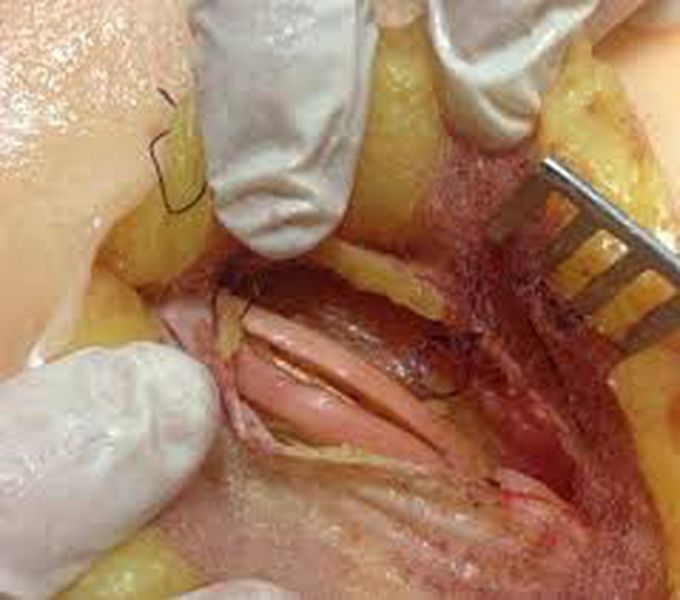


Treatment of femoral hernia
Treatment for femoral hernias Femoral hernias that are small and asymptomatic may not require specific treatment. Your doctor might monitor your condition to see if symptoms progress. Moderate to large femoral hernias require surgical repair, especially if they’re causing any level of discomfort. Surgical hernia repair is performed under general anesthesia. This means you will be asleep for the procedure and unable to feel pain. Femoral hernia repair can be done as either an open or laparoscopic surgery. An open procedure requires a larger incision and a longer recovery period. Laparoscopic surgery uses three to four keyhole-sized incisions that minimize loss of blood. The type of surgery chosen depends on a few factors, including: the surgeon’s expertise the size of the hernia and any anticipated complications anticipated recovery time cost Laparoscopic surgery, for instance, involves less pain and scarring than open surgery, as well as a shorter time required for healing. However, it’s a more expensive procedure than open surgery. In both surgeries, your surgeon will make incisions in your groin area to access the hernia. The intestine or other tissue protruding from the femoral area is returned to its proper position. The surgeon will sew the hole back together and may reinforce it with a piece of mesh. The mesh strengthens the wall of the canal. Some procedures called “tension-free repairs” are minimally invasive and don’t require the use of general anesthesia.

